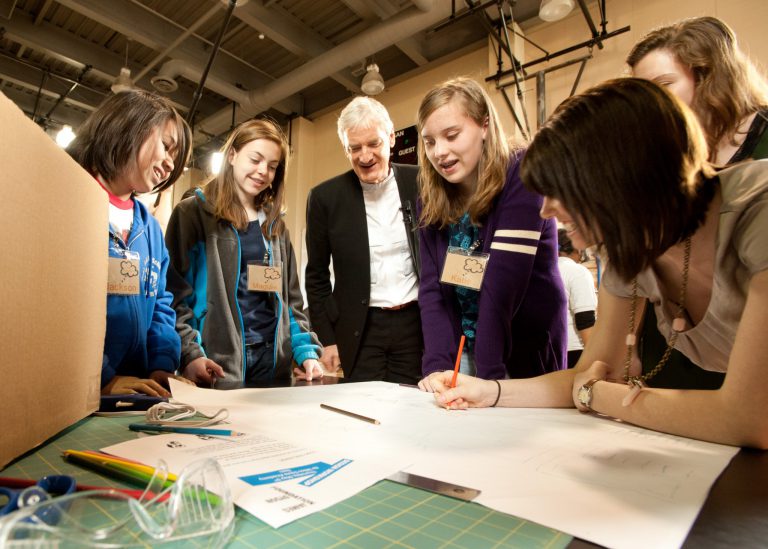
Writing in the Guardian on Monday, he accused Mrs May of floating a short-term vote winner in the hope of capitalising on public fears over the level of foreign migrants in the UK.
Yet he said the only affect of such a policy would lead to a loss of the brightest foreign minds, harming the UK economy while boosting those of the nation’s competitors.
“Our borders must remain open to the world’s best,” he wrote. “Give them our knowledge, allow them to develop their own, and permit them to apply it here on our shores. Their ideas and inventiveness will create technology to export around the world.
“May’s immigration plans simply force the nimble minds we nurture to return home and fuel competition from overseas. Why would they return? Often they hail from emerging economies and nations that respect science and engineering.”
Last month, Mrs May said she wanted the Conservatives to make a manifesto commitment to force students from outside the EU to leave the UK immediately upon graduation and then apply for a new visa from abroad if they wanted to continue to live in the UK. The Conservatives have yet to adopt such a policy.
Sir James, who accepted that Britain had a problem with immigration, said such a policy was “a short-term vote winner that leads to long-term economic decline”.
He added that the home-grown postgraduate population was “painfully thin” and that the nearly 200,000 international students researching technology at British universities represented “200,000 ideas and inventions to lose”.
Sir James added, “Yes, these students net Britain nearly £7 billion each year [in fees]. But sending them home with new technology developed here presents very good value to our competitor nations. Instead, our education system should be a tool to import the world’s greatest minds. And, most importantly, to keep them here, so that it is our economy – and our culture – that benefits.”
The Campaign for Science and Engineering has already condemned Mrs May’s proposal, describing it as being at odds with the government’s commitment to make Britain the best place in the world to do science.
This article was written by David Sapsted and was originally published on Relocate Global.







